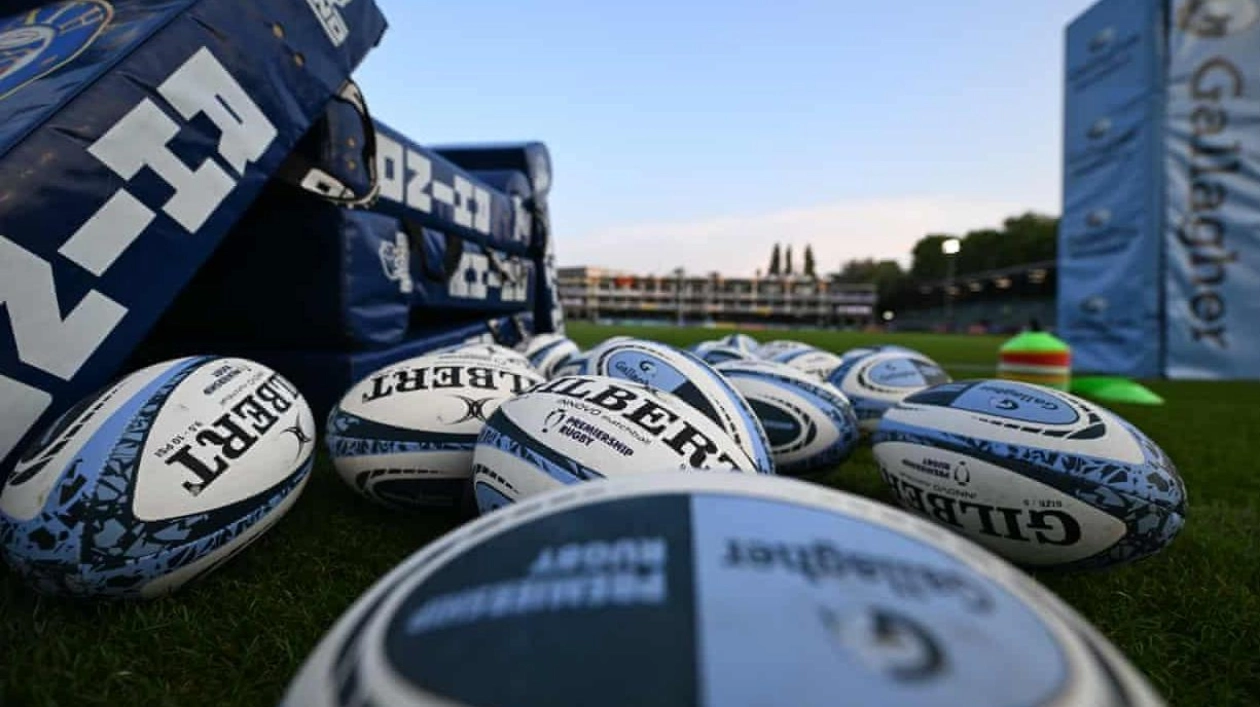Seven out of the 10 English Premiership clubs are financially insolvent, according to a recent independent report from the financial sector. This report has issued a dire warning, stating that unless the sport undergoes significant changes, it is "on a collision course with disaster." A thorough analysis of the financial sustainability of all Premiership clubs, conducted by the prominent UK corporate recovery and insolvency firm Leonard Curtis, revealed that only three clubs—Leicester, Northampton, and Gloucester—would remain viable without the support of wealthy owners. The report emphasizes that these clubs must confront "harsh financial realities."
The study, which compiled the latest publicly available audited financial data, indicates that the 10 clubs collectively incurred losses of approximately £30.5 million during the 2022-23 season, exacerbating their already substantial debt burden. The total net debt across these clubs stands at £311 million, with nine clubs reporting losses exceeding £1 million in the 2022-23 season. Notably, neither Premiership Rugby nor the Rugby Football Union were directly involved in the preparation of this 67-page report, which is considered one of the most comprehensive assessments of the current financial state of English club rugby.
James Haskell, a former England international who contributed the foreword, described the report as "picturing a grim future" and urged the sport to wake up to the necessity of altering its approach and operations. Haskell, who earned 77 caps for England and played most of his club rugby with the now-defunct Wasps, stated, "This is a pivotal moment where all the spin and bravado about rugby's current state must cease. Rugby seems to believe that because we've always done things a certain way, that way is correct, but it's evident that without radical changes, our game is heading towards an unsustainable future. We claim to be professional, but in my opinion, we are far from it and often resemble the Wild West."
The Premiership has already seen the demise of three clubs—Worcester, Wasps, and London Irish—in recent years, and the report cautions that declining broadcasting revenues pose a significant threat to the remaining clubs. It also raises "justified concerns" about the current debt levels in the league, highlighting the growing disparity between clubs like Harlequins, which generated the highest revenue in the league at £26.8 million, and Newcastle, which brought in just £11.2 million.
In terms of debt, Bristol tops the list with £60 million, while Exeter, with net debts of £15 million at the end of the 2022-23 season, is in the best financial position. Haskell believes the next 18 months will be crucial for the survival of the professional club game. "I have no personal agenda, but I witnessed firsthand, from the age of 16 to 35, the mistakes being made in the sport and how poorly things are managed in almost every aspect. Rugby is on the brink of disaster," he said. "I feel like they're rearranging deckchairs on the Titanic with some of the rule changes they're attempting to implement. There are warning signs everywhere. If I were a rugby player, I'd be deeply concerned by this report."
Based on his observations, experiences, and insights, Haskell asserts that outdated values, an amateur ethos, and poor business acumen have contributed to the financial woes of several Premiership clubs. He hopes this report will serve as a wake-up call for the sport. "Unless the game is managed and marketed effectively, it will remain a sleeping giant for years to come," he concluded. Premiership Rugby declined to comment on the matter.






